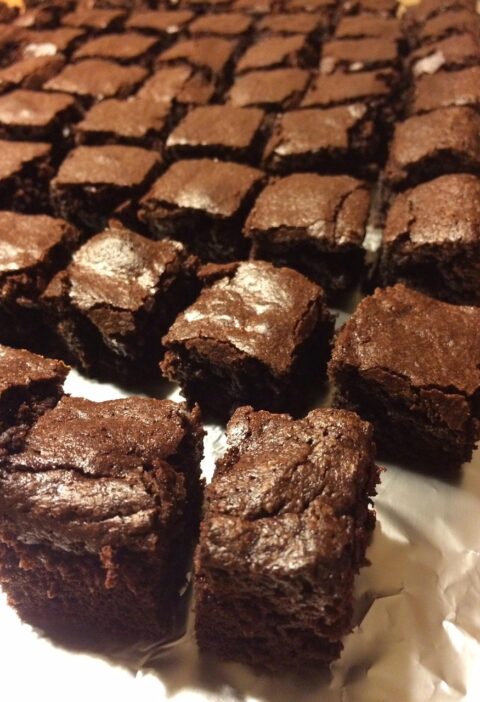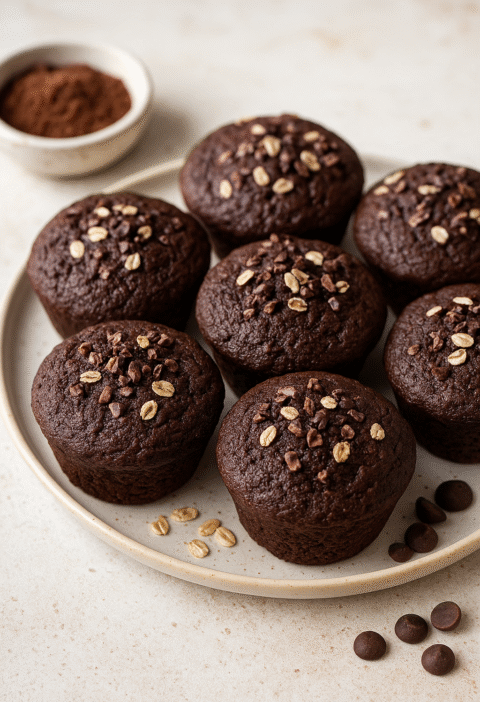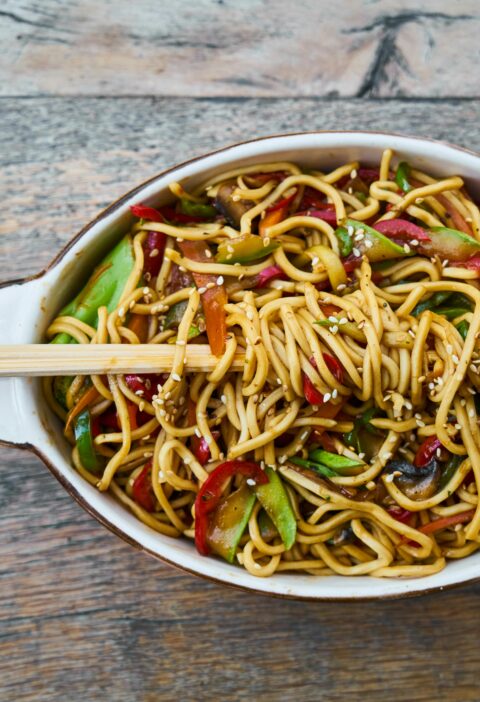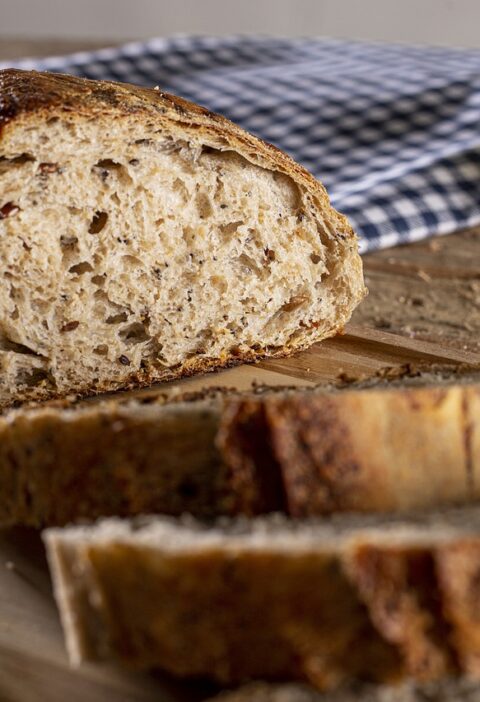A crunchy golden pastry filled with spiced vegetables and wrapped in a light cricket flour dough. These baked samosas are a sustainable take on the traditional Indian street food perfect for sharing or snacking mindfully.
Difficulty: Medium
Preparation time: 40 minutes
Cooking time: 25–30 minutes
Serves: 10–12 samosas

spices, street food, Indian snack, vegetables, cooking, folding, sustainable, eco-friendly, samosas, golden crust, flavor, flavor, flavor, crunch, crisp, pastry, wrap, food, sharing, cooking
Ingredients:
For the dough:
200g all-purpose flour
50g cricket flour
½ teaspoon salt
2 tablespoons vegetable oil
100ml warm water (as needed)

For the filling:
2 tablespoons vegetable oil
1 teaspoon cumin seeds
1 onion, finely chopped
2 cloves garlic, minced
1 teaspoon grated ginger
2 medium potatoes, peeled and diced
100g green peas (fresh or frozen)
½ teaspoon turmeric
1 teaspoon garam masala
½ teaspoon chili flakes (optional)
Salt and pepper to taste
Fresh coriander, chopped (a handful)
1 tablespoon lemon juice

To finish:
1 tablespoon oil (for brushing)
A cozy kitchen corner with colorful spices, a bowl of filling, and pastry circles ready to be folded into perfect triangles.
Instructions:
Make the dough: In a large bowl, mix all-purpose flour, cricket flour, and salt. Stir in the oil and gradually add warm water, mixing until a smooth, elastic dough forms. Knead for 5 minutes, cover with a cloth, and let rest for 20 minutes.
Prepare the filling: Heat oil in a pan over medium heat. Add cumin seeds and let them sizzle. Add onion, garlic, and ginger. Sauté for 3–4 minutes until soft. Add diced potatoes and cook for 5 minutes, stirring occasionally then Add peas, turmeric, garam masala, chili flakes, salt, and pepper. Add a splash of water, cover, and cook for 10 minutes or until potatoes are soft. Stir in chopped coriander and lemon juice. Let cool.
Assemble the samosas: Divide the dough into golf-ball-sized pieces. Roll each into a thin oval. Cut in half to create two semi-circles. Fold each into a cone shape, sealing the edge with a bit of water. Fill with the vegetable mixture, then seal the top edge.
Bake the samosas: Preheat oven to 200°C (390°F). Arrange samosas on a baking tray lined with parchment paper. Brush lightly with oil. Bake for 25–30 minutes, flipping once halfway through, until golden and crisp.
Let cool slightly before serving. Best enjoyed warm with chutney or a squeeze of lemon.
A plate of freshly baked samosas with steam rising, surrounded by small dipping bowls of tamarind and mint chutney – golden pockets of goodness, ready to crunch into.

Snack smart, snack sustainable – with samosas that give back to the planet.
Enjoy!!!! Click here to explore plant-based fusion bites with a crunch: Link (internal link)
Link (external link)
Why Use Cricket Flour?
Cricket flour is an excellent source of sustainable protein, making it a smart and eco-friendly choice for modern recipes. Packed with essential nutrients like vitamin B12, iron, and omega-3 fatty acids, it supports muscle growth, boosts energy, and contributes to overall well-being. Unlike traditional protein sources, cricket flour has a minimal environmental impact, requiring less land, water, and feed. Its mild, nutty flavor blends seamlessly into baked goods, snacks, and even savory dishes, adding a nutritional boost without altering taste. Whether you’re an athlete, a health enthusiast, or simply curious, cricket flour is a versatile and forward-thinking ingredient worth exploring.
Back in the 1990s, the idea of eating insects in Europe was more of a joke than a serious proposal. Crickets were associated with faraway countries, not dinner plates in Paris or Berlin. But over the past three decades, attitudes have started to shift.
Driven by environmental concerns and the search for sustainable protein sources, crickets are slowly entering the European food scene. Unlike traditional livestock, they require less water, space, and feed, and they emit far fewer greenhouse gases. That makes them attractive to a generation more conscious of their ecological footprint.







